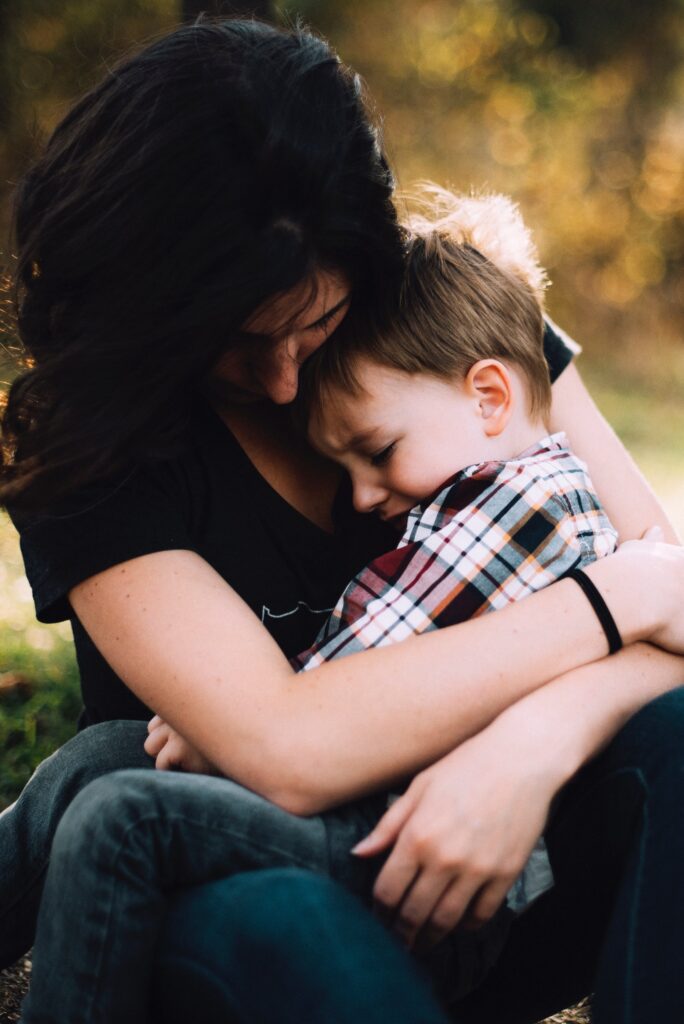
Grief is an experience we all have to deal with sooner or later. Whether you have experienced it or not, you will eventually have friends and family members who are dealing with a loss. That is when you are in the role of a supporter. The following ten things about grief support are written for the grieving and at the same time, they will hopefully enlighten the supporter’s role.
1. Grief is overwhelming
This applies to the bereaved person as much as to the support person. Keep this in mind and do not over-expect, neither from yourself, nor from your surroundings to know the right things to do and say in every moment.
2. Find the support that is right for you
Whether that is grief counselling, support group, religious support or talking to a friend, make whatever you chose to be suitable to you. Be willing to change, if the first thing you try does not work or stops working for you after a while.
3. Knowing and sharing what it is you need
I have yet to meet someone with a certificate in mind reading. Even people with pretty good intuition will not always know exactly what it is you need. First, find out what it is you need. Second, communicate your needs. Third, find those who are willing and able to support in line with those needs.
4. Apply mindfulness to your expectations in relationship
It’s normal to expect that your closest person, whether it is your family member, partner or children would be best at understanding where you are at. I’m sorry to say but the grieving experience is challenging to understand and makes sense of, even for the closest person: yourself.
5. Grief brings strangeness
Grief has a huge effect of changing yourself, so as much as you are getting acquainted with the post-loss self, so do you friends and family. Grief makes you a stranger to yourself and equally to your surroundings.
6. Be true to yourself
Grieving throws you back to yourself, to take care of yourself. This is the time to be true to yourself, to be selfish – in a good way – in looking after yourself. Do not overwhelm yourself with social outings, if you do not feel up to it. If however you feel it’s doing you good, go for it.
7. Do not let others tell you how to feel
This goes hand in hand with number six: There are no set guidelines about what, when and why in processing grief. Whether you consciously or unconsciously avoid it or go into the experience with full force, it is what it is for you.
8. Ask a professional
Your friends and family members will only be able to give you their opinion. They want you to feel better and get over it. If you need some advice, ask someone outside of your inner circle and get a professional opinion.
9. Think long-term
Against popular belief, grief is not ‘over’ after one year (or any other amount of time). Do not believe people saying: “You should be over this by now.” If you’re dealing with your grief, it may take a long time and you probably re-visit those emotions again and again when triggered. This is normal.
10. Feeling crazy is normal
The post-loss experience is a crazy ride. Lacking concentration, forgetting things, being emotional and lacking stamina is normal. People might think you’re going crazy. This is a temporary state, which is normal while processing grief.
Remember that your friends and family might not be able to support you the way you need it. Find the support that you need and don’t expect your surroundings to fill a role they don’t fit. It does not mean you have to burn those bridges unless you chose to do so.
To find out more about the latest grief resource book, Bridging the Grief Gap, click here.


